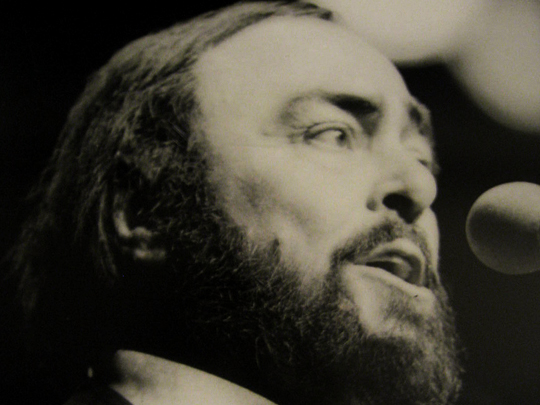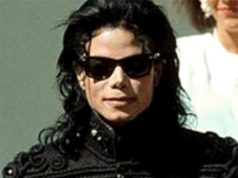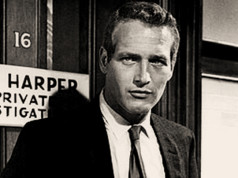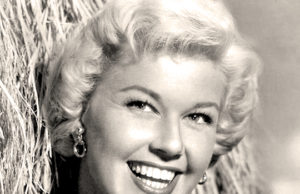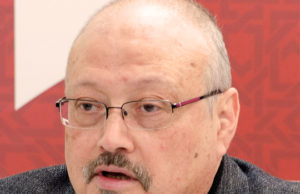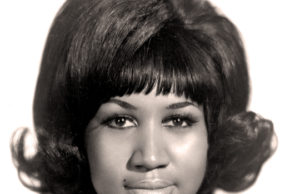Flickr / CC-BY-SA-3.0 / GFDL
Luciano Pavarotti
(Tenor)
12 October 1935 – 6 September 2007 (Aged 71)
Pavarotti was an Italian operatic tenor who also crossed over into popular music, eventually becoming one of the most commercially successful tenors of all time.
He was also one of the much-loved Three Tenors with Placido Domingo and Jose Carreras.
In 1961, Pavarotti made his operatic debut performing as Rodolfo in La Boheme.
From there, he went on to become a world-famous opera star, whose large following helped to broaden the popularity and appeal of opera worldwide.
Over the course of his career, he sold over 100 million records, with the first of the Three Tenors albums becoming the best-selling classical album of all time.
In February 2006, at the opening of the Winter Olympics in Turin, Italy, Pavarotti performed “Nessun Dorma” during his last major performance.
Pavarotti was also noted for his charity work, raising money to help ban landmines, and on behalf of refugees during the war in Bosnia.
Pavarotti’s work resulted in him receiving a Red Cross Award for Services to Humanity.
Pavarotti died from pancreatic cancer at his home in Modena at the age of 71.
Boris Yeltsin
(Russian President)
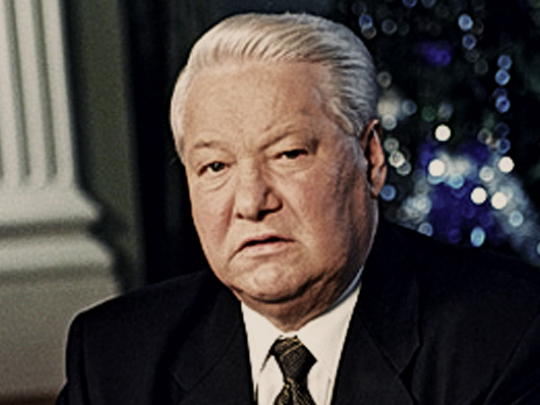
1 February 1931 – 23 April 2007 (Aged 76)
Yeltsin was a Soviet and Russian politician, who became the first President of the Russian Federation, serving from 1991 to 1999.
In 1961, Yeltsin joined the Communist Party of the Soviet Union, eventually being inducted into the Central Committee in 1981 by Mikhail Gorbachev.
Yeltsin set about reforming politics in Moscow and was elected as a member of the Politburo in 1986.
In June 1991, he was elected to the newly created post of President of the Russian Soviet Federative Socialist Republic.
After the dissolution of the Soviet Union on 25 December 1991, the RSFSR became the sovereign state of the Russian Federation.
Despite his interest in reform, Yeltsin used the full force of the state at times, such as October 1993, when he ordered troops to shell the Moscow parliament building to resolve the political crisis. In 1994, he also sent troops to crush a rebellion in Chechnya.
During his tenure, he transformed Russia’s socialist economy into a capitalist market economy, implementing economic shock therapy, nationwide privatization, and a new Russian constitution, which was popularly approved by a constitutional referendum.
On 31 December 1999, Yeltsin announced his resignation, leaving the presidency to his chosen successor, Vladimir Putin.
Yeltsin left office widely unpopular with the Russian population after years of widespread corruption, inflation, and economic collapse.
Yeltsin died from heart failure at the age of 76.
Benazir Bhutto
(Pakistani Prime Minister)
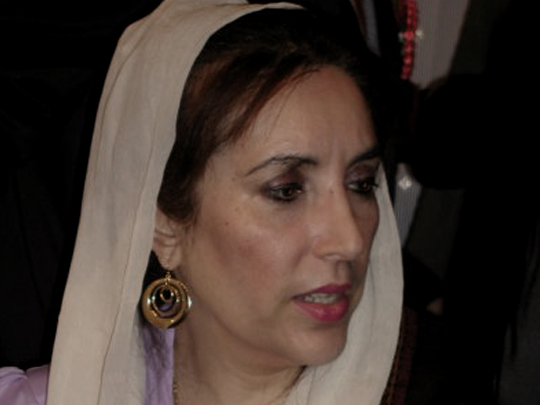
21 June 1953 – 27 December 2007 (Aged 54)
Bhutto was a Pakistani politician who twice served as Prime Minister of Pakistan from 1988 to 1990 and 1993 to 1996.
She was the first woman to become the head of a democratic government in a Muslim majority nation.
Bhutto studied at Harvard and Oxford Universities, before returning to Pakistan, after her father was ousted in a military coup in 1977 and hanged.
Bhutto and her mother, Nusrat, led the Pakistan People’s Party and the Movement for the Restoration of Democracy.
Bhutto was repeatedly imprisoned by Muhammad Zia-ul-Haq’s military government, before being exiled to Britain in 1984, returning again in 1986 and leading her party to victory in the 1988 election.
In 1990, she was defeated, before regaining control in the 1993 elections. Her second term saw her attempt economic privatization and to advance women’s rights.
Bhutto’s government was damaged by a number of controversies, including a failed coup d’état in 1995, and a bribery scandal involving her and her husband Asif Ali Zardari.
The PPP lost the 1997 election, after which Bhutto went into self-exile in Dubai. She returned to Pakistan in 2007 to compete in the 2008 elections.
After a political rally in Rawalpindi, she was assassinated, for which al-Qaeda claimed responsibility.
Bhutto is seen as a controversial figure, criticized for being inexperienced and corrupt, and was opposed by Pakistan’s Islamist lobby for her secularist and modernizing agenda. She is, however, admired by the west as a champion of democracy and women’s rights.
Evel Knievel
(Daredevil)
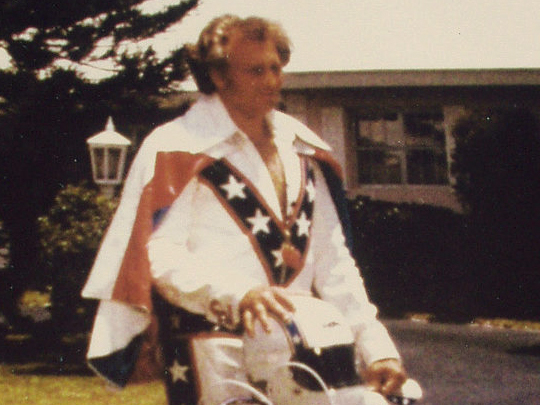
17 October 1938 – 30 November 2007 (Aged 69)
Knievel was an iconic American daredevil, best known for motorbike stunts such as flying over the fountains at Caesars Palace in Las Vegas, jumping over 13 single-deck buses in London’s Wembley Stadium, and attempting over 75 ramp-to-ramp motorcycle jumps.
In 1966, while working in a motorcycle shop in Moses Lake, Washington, Knievel announced he would jump a motorcycle over parked cars and a box of rattlesnakes, then past a caged cougar, in an effort to grow the shop’s business.
Knievel followed through on his promise, making the jump in front of about 1000 people. The jump fell short, however, landing on the rattlesnakes, but the crowd cheered on the stunt and launched Knievel into his daredevil career.
The career saw him succeed in carrying out some death-defying stunts, but in 1974, he failed an attempted canyon jump across Snake River Canyon in Idaho.
In 1999, Knievel was inducted into the Motorcycle Hall of Fame.
In 1999, Knievel underwent a life-saving liver transplant as a result of suffering from the long-term effects of Hepatitis C.
After also suffering from diabetes, Knievel died from lung disease at the age of 69.
Ingmar Bergman
(Director)
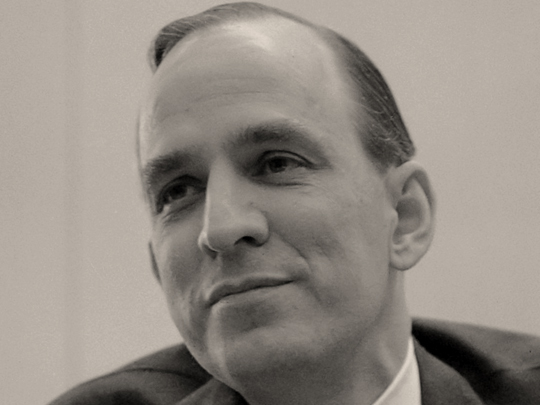
14 July 1918 – 30 July 2007 (Aged 89)
Bergman was a prolific Swedish director who is considered to be among the most accomplished and influential filmmakers of all time.
Among his most renowned works are The Seventh Seal, Wild Strawberries, The Silence, Persona, Autumn Sonata, Cries and Whispers, and Scenes from a Marriage.
Much of Bergman’s work was filmed in Sweden, with many of his films dealing with topics like death, faith, betrayal, and insanity.
Three of his films won the Academy Award for Best Foreign Language Film.
Bergman only retired from work in 2003, before dying in his sleep in his home on the Swedish island of Fårö at the age of 89.
Ike Turner
(Singer)
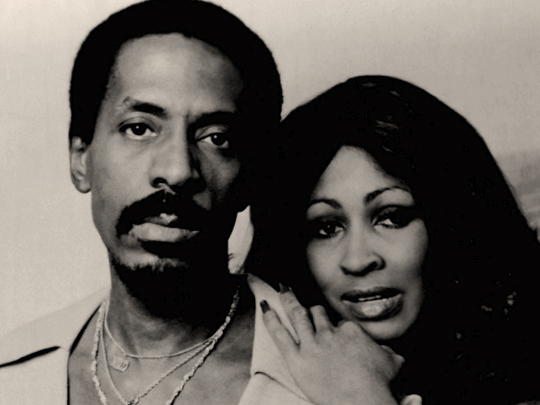
5 November 1931 – 12 December 2007 (Aged 76)
Turner was an American singer and musician best known for his work during the 1960s and ’70s with his then-wife Tina Turner.
In 1971, their cover of Creedence Clearwater Revival’s “Proud Mary” earned them their only Grammy Award together.
In the late 1940s, Turner started a group called the Kings of Rhythm, whose song “Rocket 88” is considered by many to be the first rock and roll recording. It was after he met Tina, then Anna Mae Bullock, in 1954 that his career really took off.
During his life, Turner had a longterm cocaine addiction, serving 17 months in prison between July 1989 and 1991 for drug offenses.
In 1976, Tina left Ike after years of reported domestic abuse, stories of which also affected his later popularity.
In the 2000’s Turner had a career renaissance, with his 2001 record, his first commercial record in 23 years, entitled Here and Now nominated for a Grammy Award.
Turner received the 2007 Grammy for Best Traditional Blues Album for Risin’ with the Blues.
In 1991, Turner was inducted into the Rock and Roll Hall of Fame, but he was still in prison at the time of the ceremony. He died from a cocaine overdose at the age of 76.
Marcel Marceau
(Mime Artist)
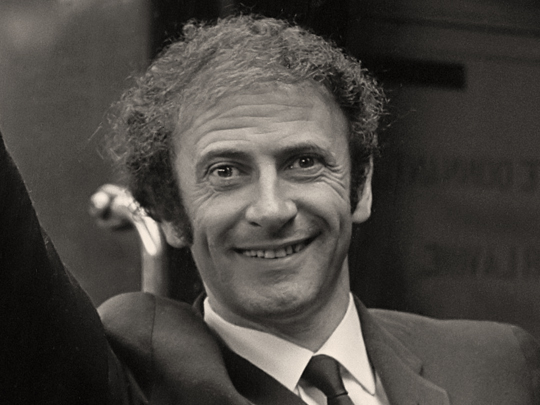
22 March 1923 – 22 September 2007 (Aged 84)
Marceau was a famous French Mime artist, renowned for his stage persona as “Bip the Clown”. He performed professionally around the world for over 60 years.
During World War II, Marceau lived in hiding and worked with the French Resistance.
In August 1944, he gave what was his first major performance to 3000 troops after the liberation of Paris.
Following the war, he studied dramatic art and mime in Paris. In 1959 he established his own pantomime school in Paris and later set up the Marceau Foundation in the United States to promote the art of mime.
Among the many honors he received were France’s Legion of Honour, the country’s highest honor, and was also awarded France’s National Order of Merit.
He also won an Emmy Award for his work on television, and Japan declared him a “National treasure”.
Marceau died at the racetrack in Cahors, France, at the age of 84. He is interred in the Père Lachaise Cemetery in Paris.
Ernest Gallo
(Businessman)
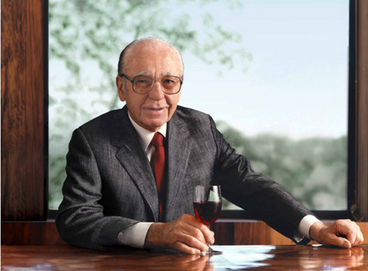
18 March 1909 – 6 March 2007 (Aged 97)
Gallo was an American businessman who co-founded the E & J Gallo Winery, with his brother Julio, in Modesto, California.
Shortly after the end of prohibition in 1933, the Gallo brothers founded their company, with Ernest handling the marketing and Julio being the winemaker.
They introduced 16 brands of wine and attained over a quarter of the American wine market.
The Gallo’s company owned almost half of the vineyard acreage in California and achieved annual revenues of about $1 billion.
Ernest Gallo died at the age of 97, with an estimated wealth of over $1 billion.


